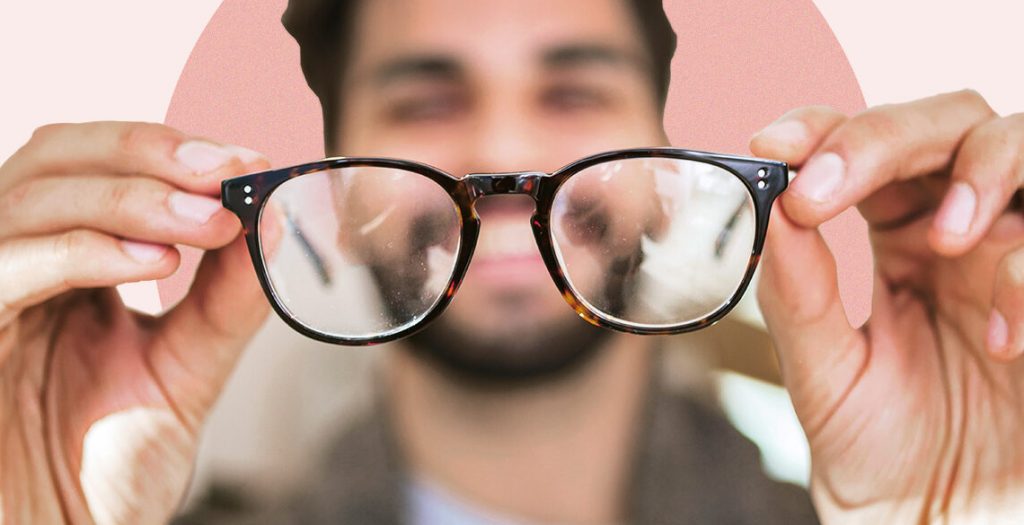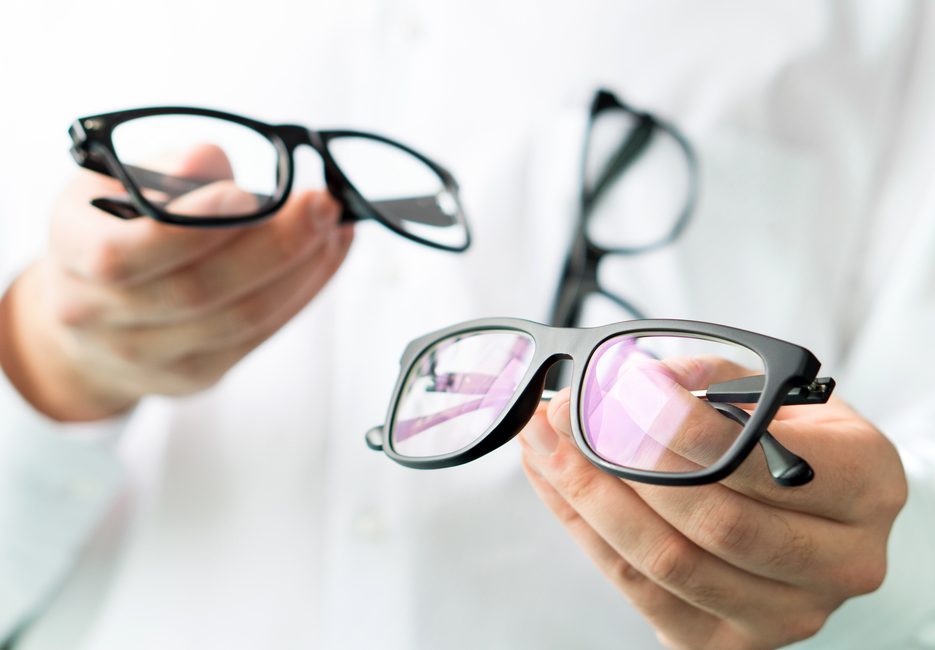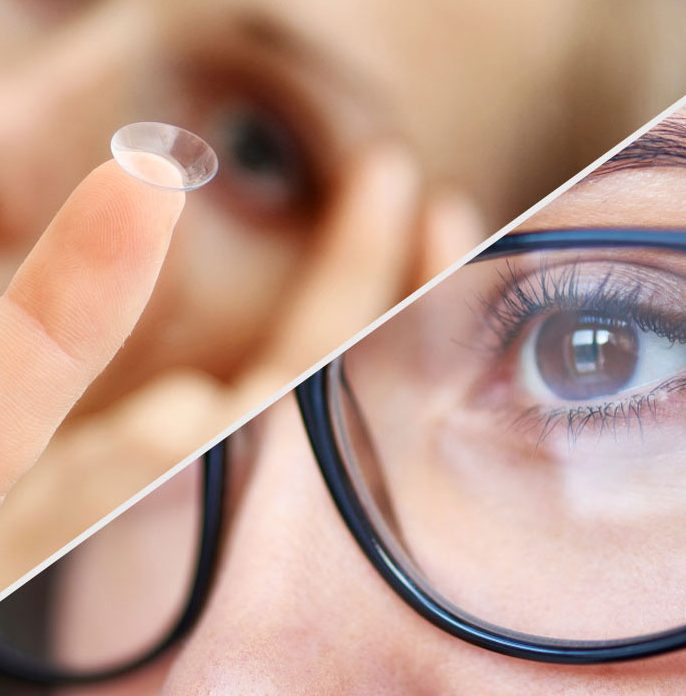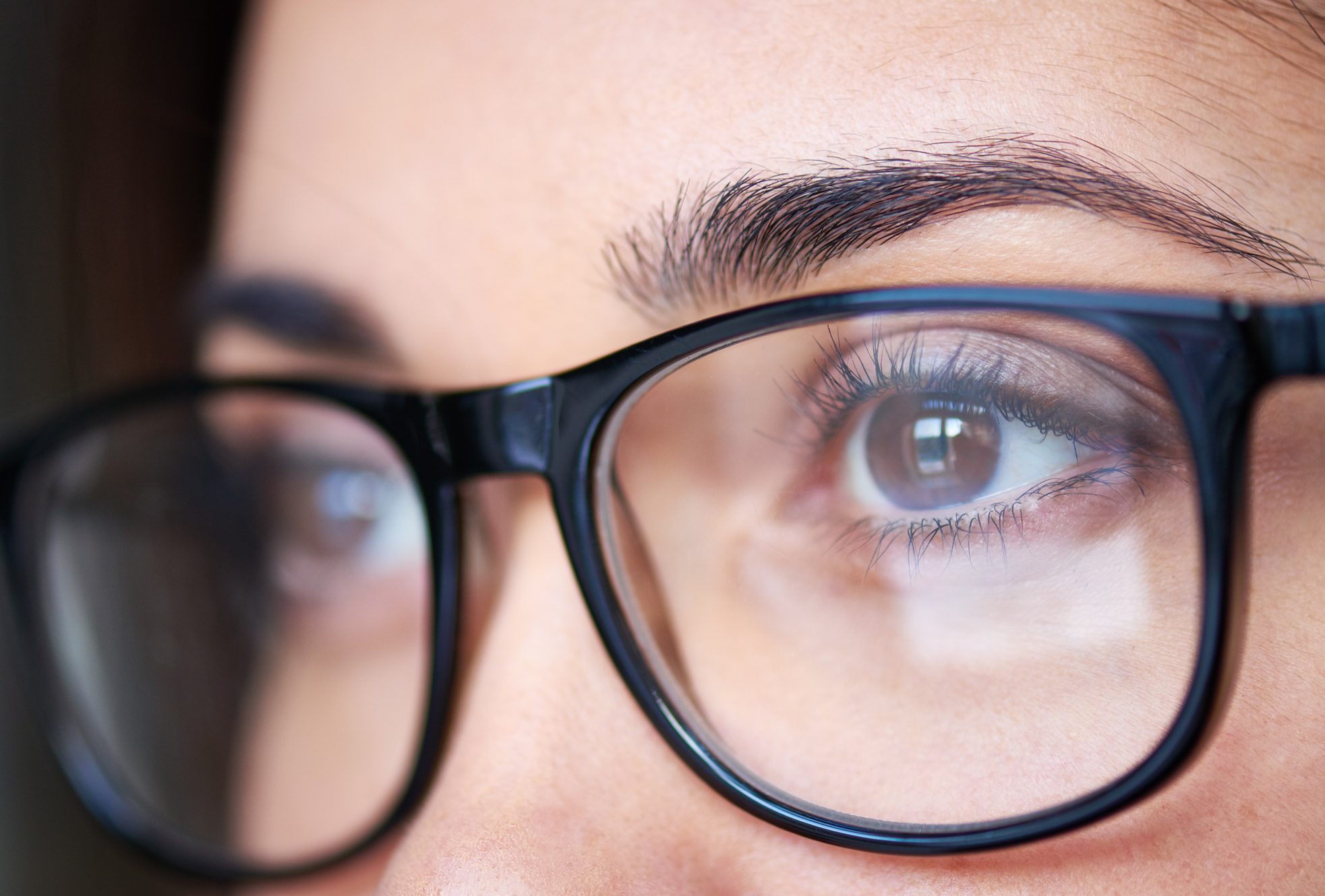If you have an eye condition, glasses are essential. What are the best frames and lenses for you? You don’t have to be a professional to find the right eyeglasses for you.
This A-to-Z guide will help you determine when eyeglasses are needed, where and how to purchase them, as well as which ones are best suited to your facial features, preferences, and needs. These tips will help you find the right eyeglasses, no matter if you are new to wearing them or an old pro.
What are eyeglasses?
We are used to eyeglasses and even use them as an accessories. However, eyeglasses can be used medically to correct vision acuity. Prescription glasses can be used by people with blurred vision, those who have trouble seeing from a distance or near, and those who are visually impaired.

The frame of an eyeglass supports the lenses. It consists of the arms, frame, nose bridge or pads and the frame. This assembly is essential for securing the lenses on the wearer’s faces and ensuring that they stay in place.
The optical parts of eyeglass lenses correct refractive errors. This is the problem the eye has with focusing light. It also improves the ability to identify objects.
Myopia, hypermetropia and astigmatism are some of the refractive errors glasses can correct.
Two lenses can be used to correct vision. A frame supports them. Contact lenses are becoming more popular for people with refractive problems, but glasses remain the primary method of vision correction.
A little history: When were eyeglasses first created?
Eye diseases have been around for a long time. Over the years, their improvement was attempted with the water globe, the polished-emerald and, later, with the lenses that we now know.

The history suggests that the first eyeglasses were made in 1285. They had two small magnifying glasses that only rested on the nose. These glasses were difficult to wear so frames evolved and stronger lenses were added. Today’s lenses can correct complex eye conditions.
Why do we wear glasses?
Two purposes can glasses be used: to correct vision problems or protect the eyes.
There are many types of protective glasses:
1. Protection against blue light with glasses (PC protection).
2. UV Protection glasses
3. Glasses for night or day driving
These glasses look like normal glasses, but they don’t have diopters to correct vision.
While prescription glasses can contain protective coatings, the primary purpose of prescription glasses is to correct your vision.
What and when did you first realize that you needed glasses?
How can I tell if I should wear glasses? This is a question that many people ask themselves.
However, eye conditions are not always symptomatic. There will always be signs that your eyes aren’t working well. You will be able to see what your vision is and determine whether glasses are necessary.
Do you require glasses?
We have an alternative option if we feel that we must wear eyeglasses but don’t have the time to visit an ophthalmologist.
The internet offers online visual acuity testing and a helping hand. These tests do not tell us if we need glasses. The next step is an ophthalmological consult.

These 7 visual acuity tests will help you determine if you have a vision problem. These tests are simple to complete and will test your sensitivity and perception of colors. They also check whether or not you have astigmatism, fog vision, or good close-up vision.
Careful! Be careful!
They will not diagnose, treat, or prevent any disease. This is a rough estimate of your visual acuity.
It is recommended that you have these tests completed before going to a specialist consultation. Only an ophthalmologist can give you a comprehensive vision examination and recommend the best treatment for your problem.
You may have signs and symptoms of vision problems
These are the most common problems for people who require glasses to correct their refractive errors.
- Your vision is blurred or blurred
- You feel dizzy, you get tired
- You are experiencing headaches and confusion
- You feel tired in your eyes and need to concentrate on objects.
- It is difficult to distinguish distant objects
- You feel the need for screens (smartphones, tablets, laptops, etc.) to be near you to distinguish text from images
- Reading makes you want to read more.
- You experience frequent headaches
- Poor near vision
- Low light vision can cause poor vision
- Itchy eyes
If you answered yes to any of these questions, it is worth scheduling an appointment with a specialist in ophthalmology to determine what type of eye condition you have and what you can do to correct it.
Children may not be aware that they aren’t seeing well. Adults must notice any changes in their behavior.
Children with low vision, for example, tend to not take many notes at school due to their inability see the blackboard. Although they may not admit to difficulties at school, teachers should be vigilant about their students.
Contact lenses or glasses?
Once you have realized you need to improve your vision, you will have to decide which solution you should choose: contact lenses or eyeglasses.
Both are equally effective and can be used for correction. You can also use both glasses and lenses depending on your situation. Find out what the pros and cons are about eyeglasses.

First, you can choose between lenses or glasses. Both lenses and glasses are available at every type of dioptre.
Most people will consider contact lenses or reading glasses if their diopters are small. This is for both good vision and aesthetic reasons.
This decision will depend on your lifestyle, comfort level and budget. It also depends on how much time you have available to care for them.
These are the pros and con’s of wearing eyeglasses.
Eyeglasses have many advantages
- They don’t require as much care as contact lenses. A simple wash with water and dish soap when they feel dirty is all that is required to keep them clean.
- You can find the perfect accessory to complement your look by choosing fashionable frames or frames that fit your face shape.
- You have the option to choose from a variety of eyeglass lens treatments. The most popular are PC and UV (sunray protection).
- They can be used to reduce eye irritation and rubbing of your eyes.
- Eyeglasses should not cause headaches if you have dry or sensitive eyes.
- Contact lenses can help you to get used to your vision.
- They are more affordable than contact lenses in the long-term, especially if they don’t get broken or changed.
Disadvantages eyeglasses
They are only 12mm away from the eye so peripheral vision may be affected. The visual field is incomplete.
You might not like the pair you find.
– Eyeglass pads that are used to apply makeup can leave unattractive marks.
Gaseste filme porno gratuite exclusive in Romania  ,
,  ,
,  ,
,  ,
,  ,
,  ,
,  , https://xxx1.link/studenta-care-si-o-trage-cu-profu-in-clasa/, https://xxx1.link/o-fata-cu-sani-mari-vrea-sa-fie-atinsa-in-locuri-intime-imediat/, https://xxx1.link/ea-nu-intelege-de-ce-adora-atat-de-mult-gustul-de-pula-pe-care-o-linge-insistent/, https://xxx1.link/isi-ia-sora-la-pula-ca-o-prinde/, https://xxx1.link/ea-achizitioneaza-lenjerii-intime-pentru-fiecare-barbat/, https://xxx1.link/isi-lasa-sotia-sa-se-futa-cu-un-negru-cam-mare-si-o-dilata-foarte-tare-in-pizda/….
, https://xxx1.link/studenta-care-si-o-trage-cu-profu-in-clasa/, https://xxx1.link/o-fata-cu-sani-mari-vrea-sa-fie-atinsa-in-locuri-intime-imediat/, https://xxx1.link/ea-nu-intelege-de-ce-adora-atat-de-mult-gustul-de-pula-pe-care-o-linge-insistent/, https://xxx1.link/isi-ia-sora-la-pula-ca-o-prinde/, https://xxx1.link/ea-achizitioneaza-lenjerii-intime-pentru-fiecare-barbat/, https://xxx1.link/isi-lasa-sotia-sa-se-futa-cu-un-negru-cam-mare-si-o-dilata-foarte-tare-in-pizda/….



